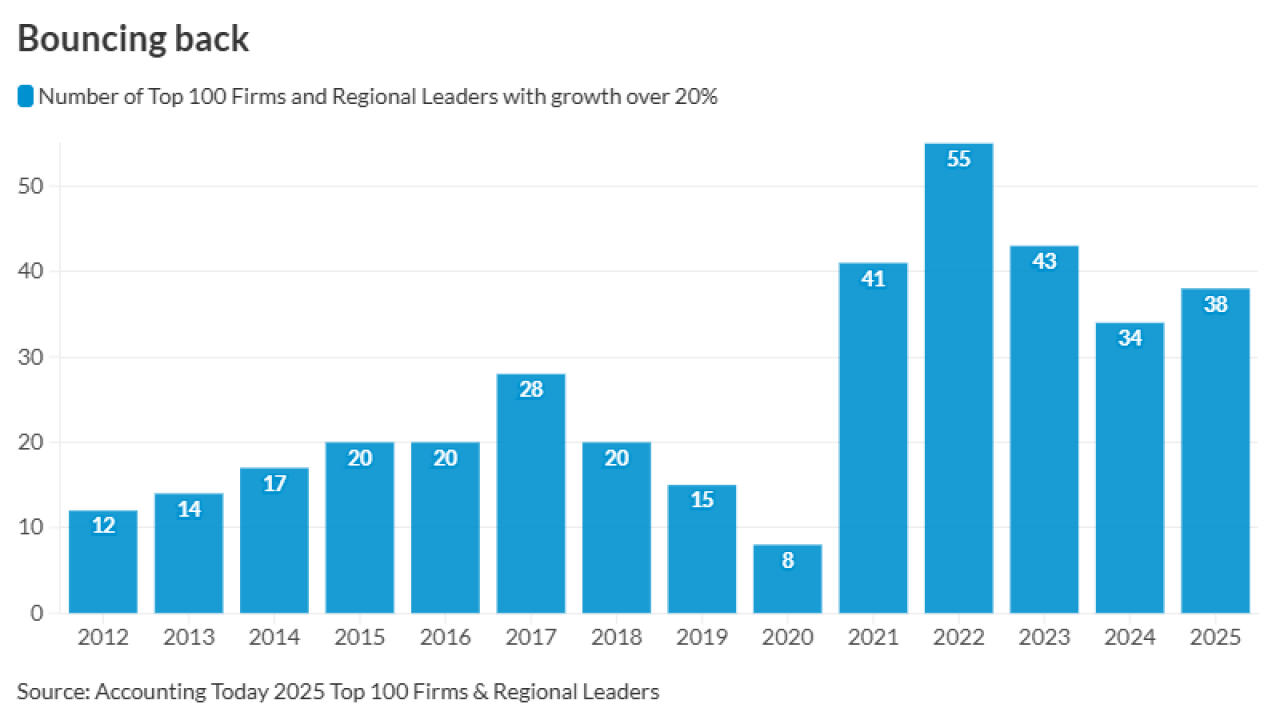A large majority of U.S. companies are changing business models to meet customer demands, utilize disruptive technologies and remain globally competitive, according to a new survey from KPMG.
Of the survey’s respondents, executives at more than 900 U.S.-based multinational companies, 93 percent said their organizations are changing business models.
The top reason for this shift was “changing customer focus and buying patterns,” according to the survey, with other catalysts including “new technologies” (30 percent), “domestic competition” (29 percent), “a changing global environment” (26 percent) and “balancing growth with shrinking budgets, while raising efficiency” (25 percent). Permitted to choose more than one “trigger,” 22 percent of respondents also said “government enforcement action,” “foreign competitors,” “a widening global footprint” and “industry consolidation.”
“Business model reviews and changes have become a permanent component on the corporate agenda,” said Stephen G. Hasty Jr., a KPMG partner and U.S. innovation leader for advisory, in a statement. “Companies today face unprecedented challenges to develop operating models that can help them respond to and translate current marketplace pressures into competitive advantages.”
Half of respondents said the challenge of “regulatory compliance” imposed a “burden” (38 percent) or “significant burden” (12 percent) on their organization’s operational efficiency, though 36 percent of respondents said they do not incorporate a regulatory agenda into their transformation planning.
“Obviously, with half of the respondents pointing to regulation as a key element affecting their business model, there is a significant issue if more than a third of the respondents do not factor in regulatory issues as they change the way they operate,” Hasty stated.
Additionally, 51 percent of the surveyed executives said their organization’s transformation approach continually aligns their business model with their strategy, while 45 percent reported their organization has no formal process for prioritizing business transformation initiatives.
“Alignment of business strategy with an organization’s operating model can help institutionalize the transformational process, embedding enough agility to help the organization evolve more quickly and easily as new marketplace challenges come along,” Hasty stated. “Companies can leverage and capitalize on disruptive forces in order to thrive amid emerging challenges and threats to their business.”
Respondents to the survey, conducted in June and July 2013, were 67 percent C-level executive, and the rest managing director or above. KPMG's report on the survey is available





